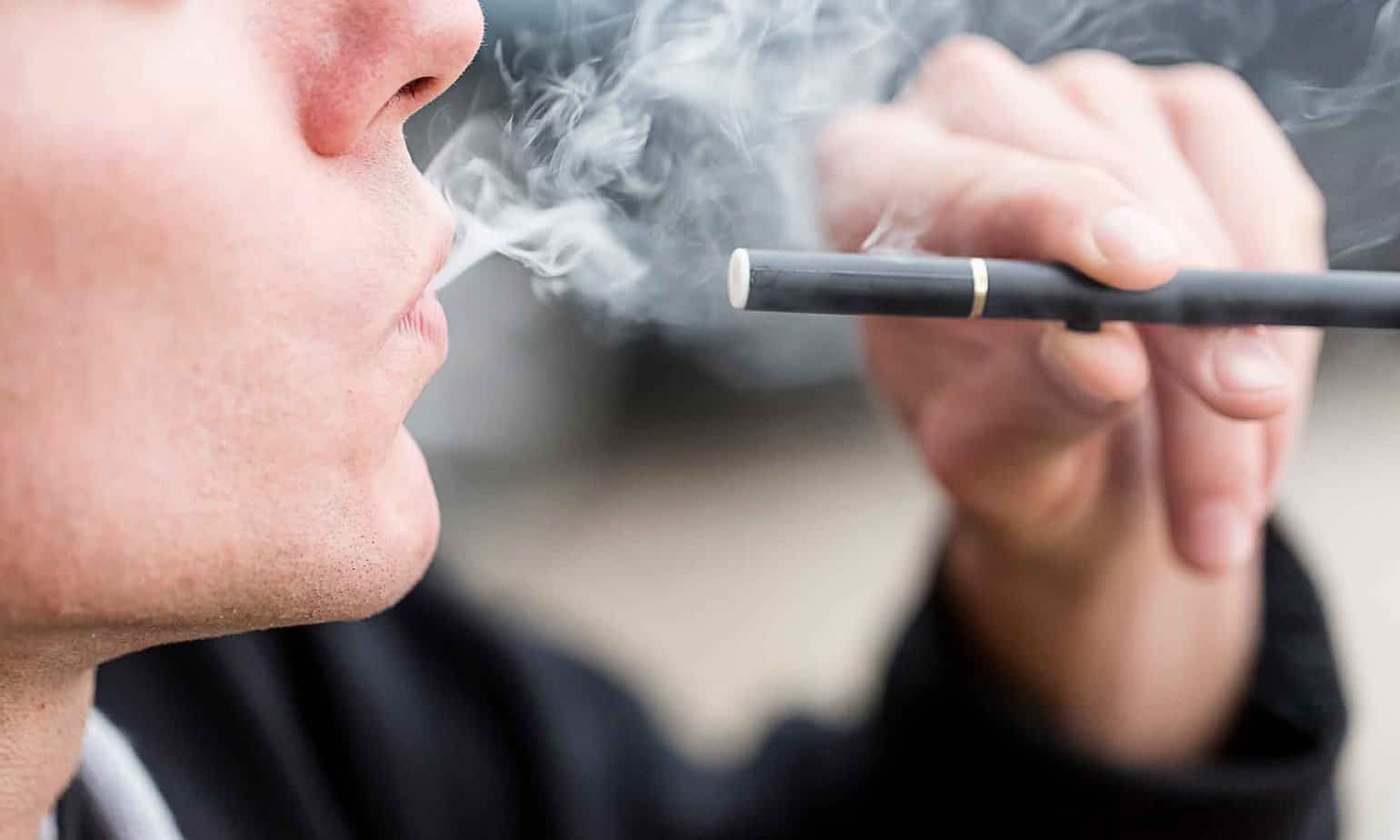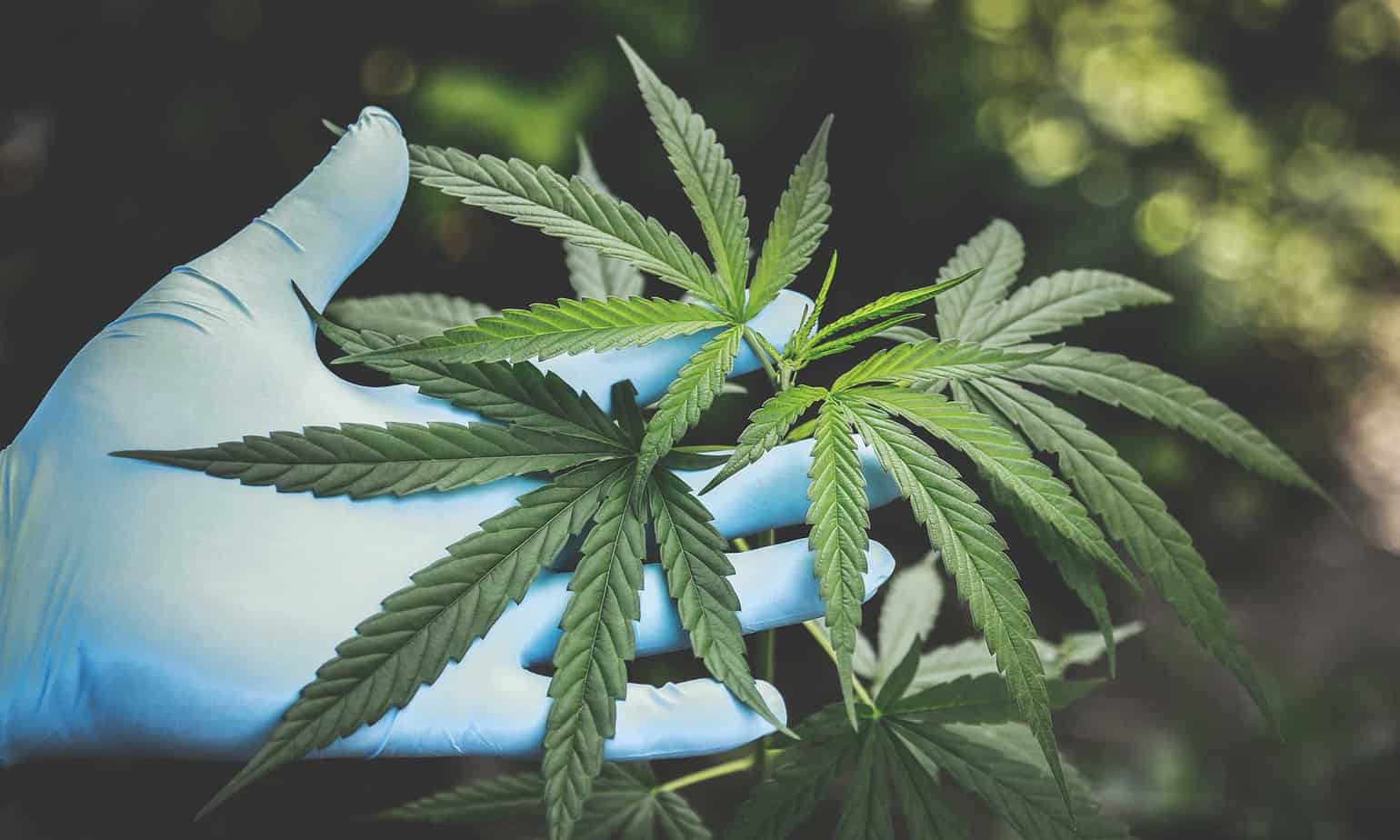Flavored oral nicotine pouches aim to provide a smokeless source of nicotine but are just as addicting as every other form of tobacco use. Zyn, a brand that is growing in popularity due to viral videos on social media platforms, is one of many manufacturers offering these dissolving pouches. Like all nicotine, using flavored pouches can cause nicotine addiction.
Not much study has been done on the effects of nicotine pouches, but the National Library of Medicine says they contain toxic chromium and tobacco-specific nitrosamines. Zyn and other oral nicotine pouches (ONPs) have grown in popularity along with electronic cigarettes and tobacco heating products (THPs) and have replaced cigarettes as the most popular form of tobacco use.
The pouches, which were first introduced in 2014, are often marketed as “tobacco-free” because they do not contain tobacco leaves. They are also a more convenient alternative to e-cigarettes because they are more discreet and easier to use. There are few federal regulations on ONPs and the sale of them has grown exponentially over the last few years.
What Are Zyn Pouches (Oral Nicotine)?
ONPs are advertised as safer than other products as they are not combustible and do not contain tobacco leaf. How to use Zyn is easy, as the pre-filled pouches are placed between the top lip and gums and dissolve in the mouth for about 30-60 minutes. They don’t require spitting, like other pouches, which makes them a more attractive alternative. The white powder, or nicotine salt, is absorbed into the gums.
Nicotine pouches don’t require inhaling, which makes them less harmful than traditional cigarettes, but they can cause periodontal disease. In addition to nicotine, which can come from tobacco or chemical synthesis, Zyn pouches include filling and flavorings that younger people find attractive and might not understand their addictive power and risks.
With ONPs, the amount of nicotine varies, but generally, they contain enough to satisfy cigarette cravings. The higher the nicotine levels, the greater the dependency and studies have shown that the earlier someone begins using nicotine, the more likely they are to use it daily and develop a lifelong dependence. Zyn side effects, such as hiccups and gum irritation, can still be a problem.
Choosing ONPs Over Other Nicotine Products
ONPs, like other nicotine replacement products, can help someone quit smoking cigarettes, but the risk of addiction is still just as strong. Zyn and other ONPs are marketed as a way for current cigarette smokers to quit. However, the colorful packaging and the variety of flavors also make these pouches attractive to new users, especially adolescents. So-called “ZYNfluencers” have brought the product to millions through social media, even though this is not supposed to be how to use Zyn.
ONPs may pose fewer health risks than cigarettes but there are currently no studies that show the long-term effects of their use. The pouches contain 3 to 6 milligrams of nicotine whereas a traditional cigarette contains 10 to 14 milligrams.
Zyn side effects can also include an increase in blood pressure, heart rate, and blood sugar levels. It can also affect the reproductive system, lungs, and kidneys. The US Surgeon General concluded that nicotine is as addictive as cocaine or heroin. The euphoria provided by nicotine is brief and not as strong as other substances but addictive, nonetheless, as it increases dopamine levels in the brain. As the brain’s sensitivity to dopamine is altered, the need for nicotine stimulation increases so you would need more of the same substance to produce the same effects.
How Can I Stop Using Zyn and Other Oral Nicotine Pouches?
It is always recommended that people do not start using any nicotine products. Those who use Zyn for extended periods and quit can experience withdrawal symptoms such as craving, sleep disruption, attention deficit, anxiety, elevated heart rate, increased appetite, and depression. The onset of these symptoms can be seen in just a few hours after the last dose of tobacco, which makes it difficult to give up.
Withdrawal symptoms peak in the first few days and normally last a few weeks, but for some people, can last for months. ONPs, patches, and other tobacco substitutes are often helpful to people who are trying to quit tobacco. But they can be just as addictive. Treatment for tobacco use can be found in FDA-approved medications as well as behavioral therapy. Some experts recommend a combination of medication and behavior treatments such as Cognitive Behavioral Therapy, Motivational Interviewing, and mindfulness practices.
When you do feel an urge to use nicotine, there are different things you can do. Try calling a friend, write down what you are feeling, go for a walk, or listen to a podcast. Speaking with an expert is the best way to quit using Zyn but there are healthy ways to divert your attention.
Final Thoughts
Many smokers turn to ONPs because the desire to smoke is so strong.
The feeling of euphoria, burst of energy, increased attention span, and other positive feelings one might get from using nicotine never lasts for very long. A sense of relaxation will quickly lead to feeling edgy, anxious, or stressed. This will encourage using more nicotine, creating a negative cycle of use and behavior.
Fun flavors and colorful packaging that make ONPs attractive to younger consumers are a big danger. Adolescents are at higher risk because of nicotine’s effects on a developing brain.
While there is currently very little stopping the sale of ONPs in the US, lawmakers have begun to call on the FDA to investigate the health effects of the products. The long-term risks of nicotine use have not been proven to be as dangerous as smoking tobacco. But it is clear the possibility of addiction, especially in young people, is one of the biggest detriments of using Zyn and other oral nicotine pouches.
If you or a loved one is struggling with addiction, Mountainside can help.
Click here or call (888) 833-4676 to speak with one of our addiction treatment experts.

 By
By 







